
June 7-8th, we had the incredible opportunity to attend the AWS Summit in Washington D.C. It was an event where industry professionals converged to discuss how Amazon Web Services (AWS) is transforming the public sector and tackling the challenges of today’s rapidly changing world. The summit offered valuable insights into driving culture change, digital transformation, and infrastructure modernization. We were eager to explore and learn, and we returned with a plethora of knowledge to share. So let’s dive into the key takeaways from the seminars we attended.
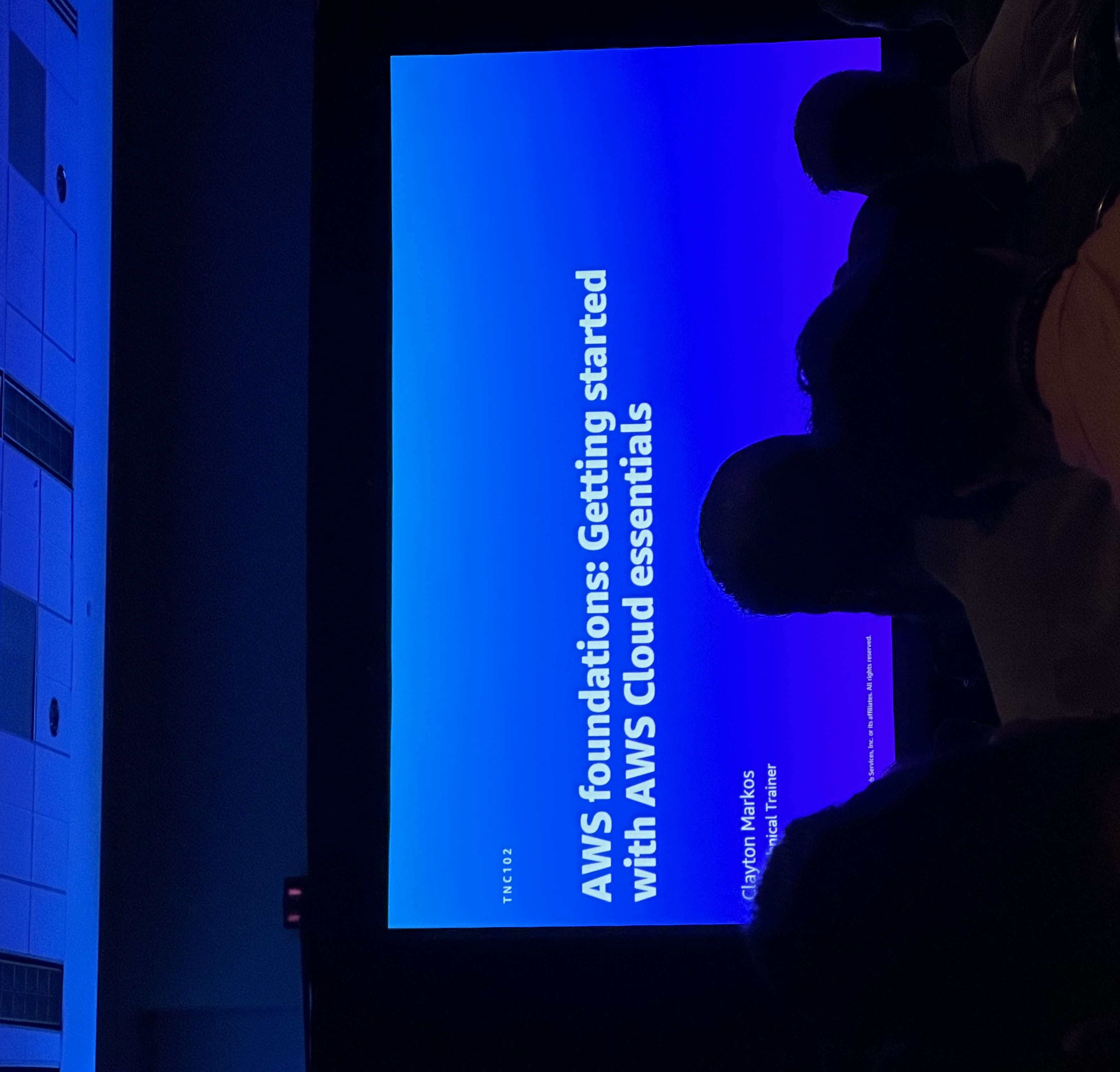
To kick things off, we started with the AWS Foundations session, which provided a comprehensive overview of essential concepts. We delved into understanding the cloud, exploring AWS’s global infrastructure, and getting familiar with key services such as compute, storage, databases, networking, and security. The cloud, we learned, allows us to shift our focus from physical infrastructure to software-defined resources. It offers programmable capabilities, dynamic scalability, and a pay-as-you-go model. With cloud services, we no longer need to concern ourselves with the physical aspects, as AWS owns and maintains the network-connected hardware. We gained valuable insights into the wide range of services AWS offers and how they can empower our organization.
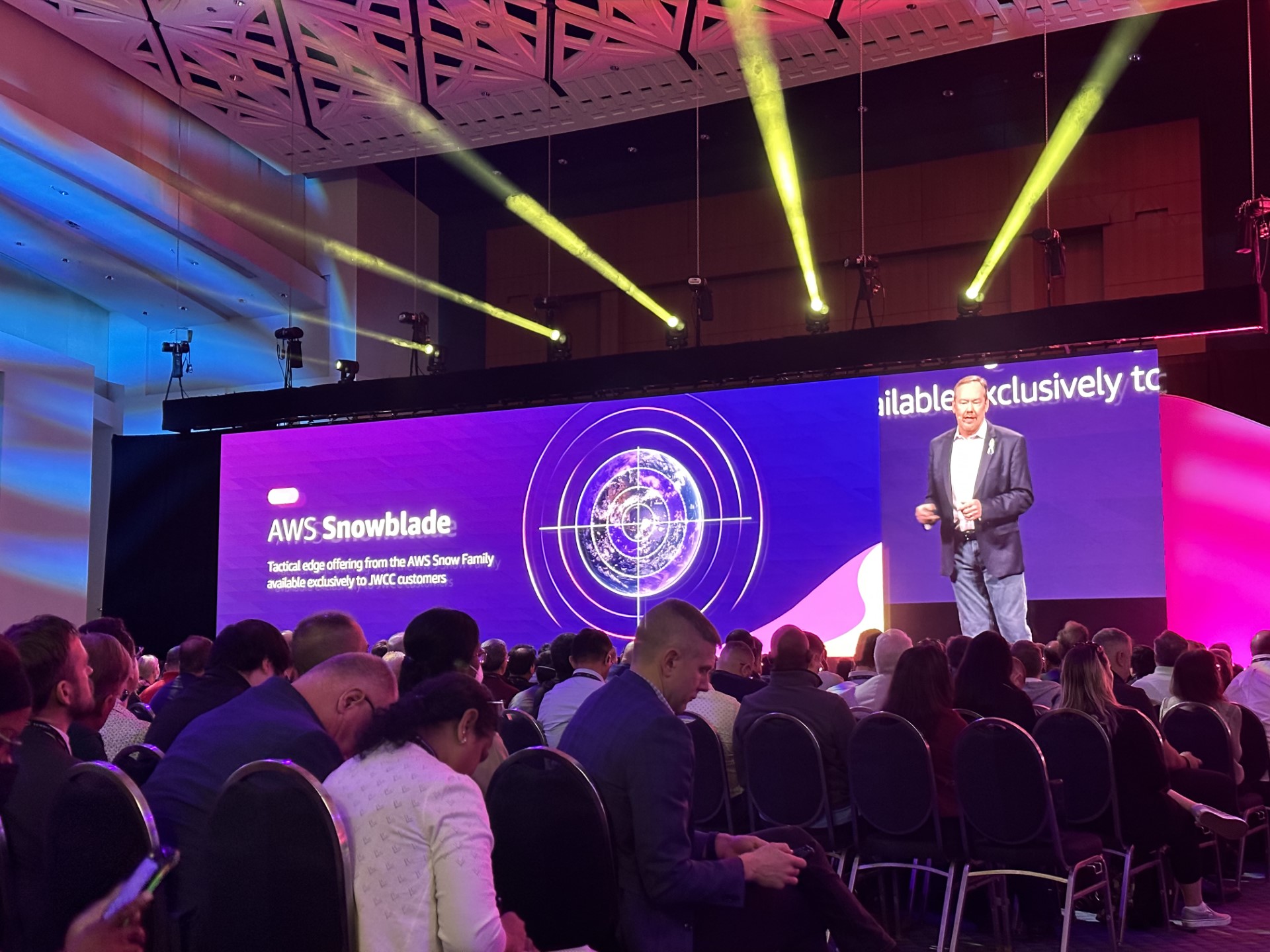
One of the highlights of the summit was the keynote speech by Max Peterson, the vice president of AWS Worldwide Public Sector. Max, along with special guests from the Central Intelligence Agency (CIA) and the Allen Institute for Brain Science, showcased how AWS is accelerating digital transformations and enabling mission-critical outcomes. We were captivated by the success stories shared, demonstrating how organizations leverage AWS to drive innovation, enhance security, and optimize costs. It was truly inspiring to witness how AWS is pushing boundaries and empowering organizations to achieve their goals.
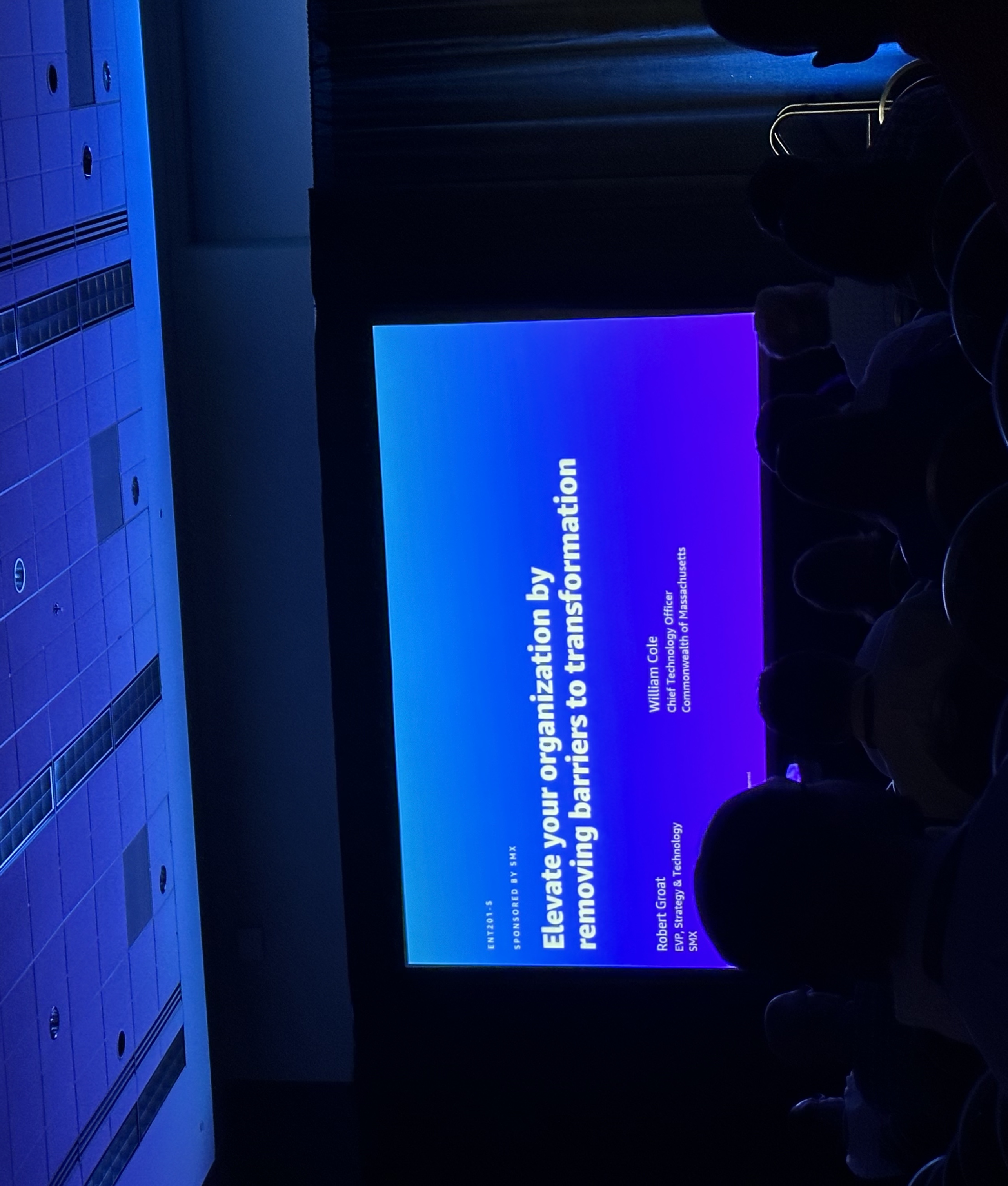
The next session, “Elevate your Organization by removing barriers to transformation,” shed light on the common hurdles faced during digital transformation. Through the example of the Commonwealth of Massachusetts, we learned about the top five barriers: modernizing legacy workloads, addressing security and compliance concerns, fostering data-driven decision-making, overcoming time and talent scarcity, and managing tech debt and operational toil. We also discovered the three key practices that advanced digital governments employ: continuous transformation and optimization, reporting on digital success metrics and outcomes, and adopting contemporary practices and delivery models.
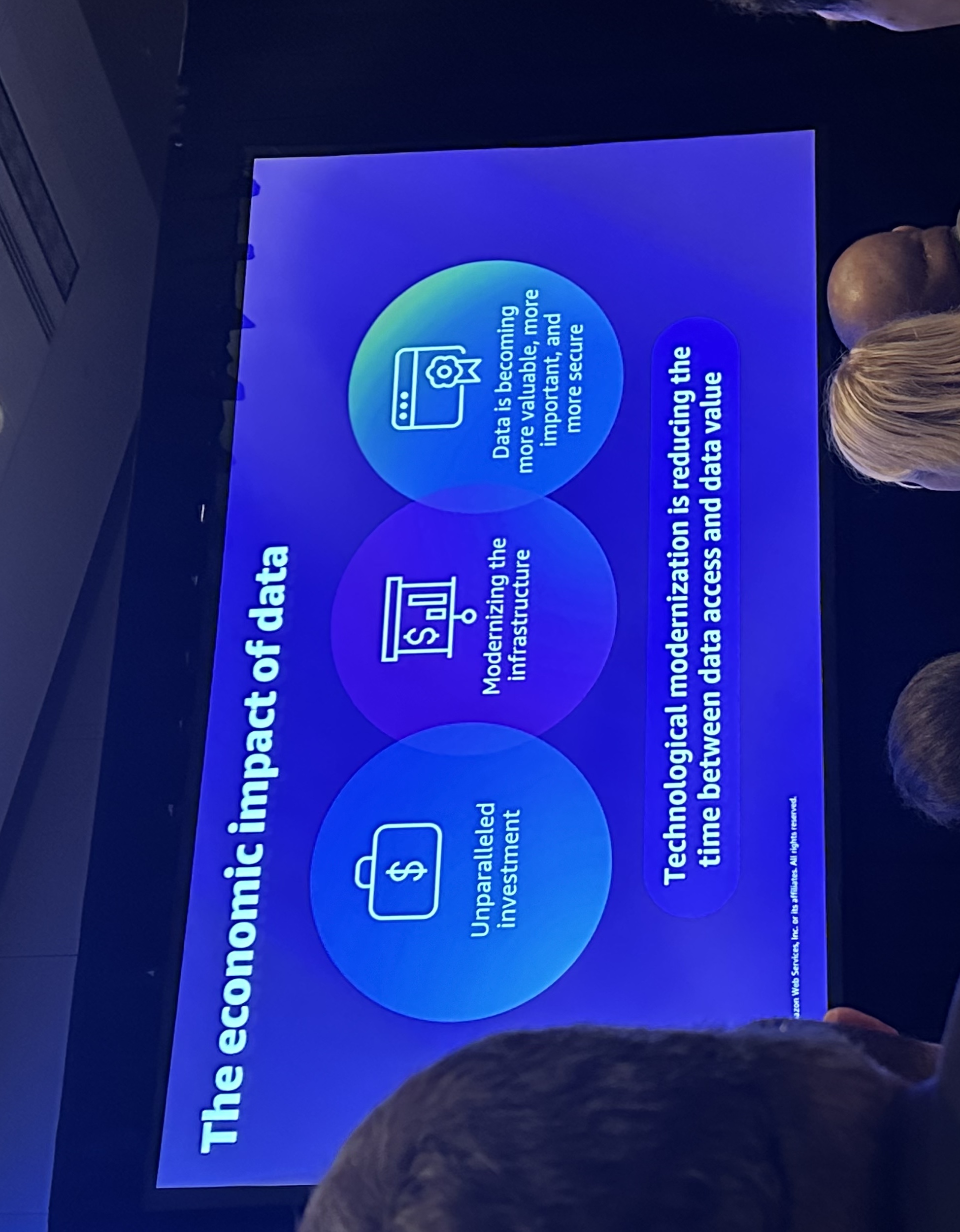
Delivering Data-Driven Decision Making was another informative session, presented by Snowflake. We delved into the economic impact of data and how technological advancements have made data more valuable, important, and secure. Snowflake’s Data Cloud was showcased as a platform that enables enhanced mission outcomes, including intra- and cross-agency data sharing and collaboration, fraud detection, and entity insights. The session emphasized the uniqueness of government data and the need to protect, manage, and maximize its value. We were reminded that our world thrives on data and that technology is adaptable, adjusting to our business needs.
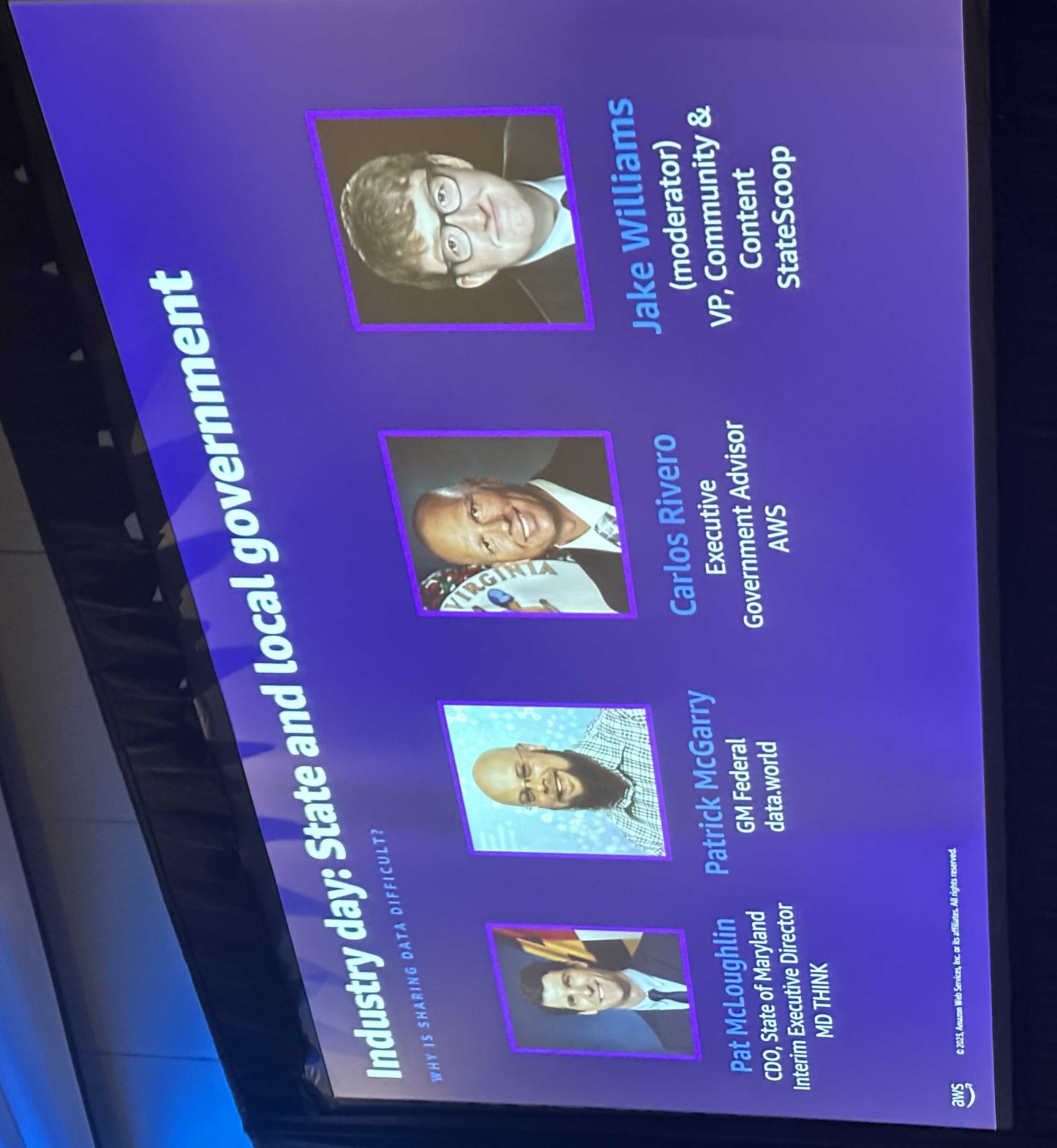
One thought-provoking session revolved around the challenges of sharing data in the public sector. The panelists, including Patrick McGarry, Pat McLoughlin, Carlos Rivero, and Jake Williams, discussed why data sharing can be arduous. They highlighted the importance of adopting the right processes and building relationships instead of solely relying on technology. Duplicate data and the absence of an authoritative source were identified as significant hurdles. Moreover, the panelists emphasized the need to recognize data as a collaborative resource, empowering individuals to improve outcomes through collective collaboration. Education and outreach were identified as key drivers to initiate change, along with increasing the value of data and fostering awareness of its availability and contacts. Time constraints were acknowledged as a prevalent issue, necessitating the efficient discovery, contact, and contextualization of data for speedy positive outcomes.
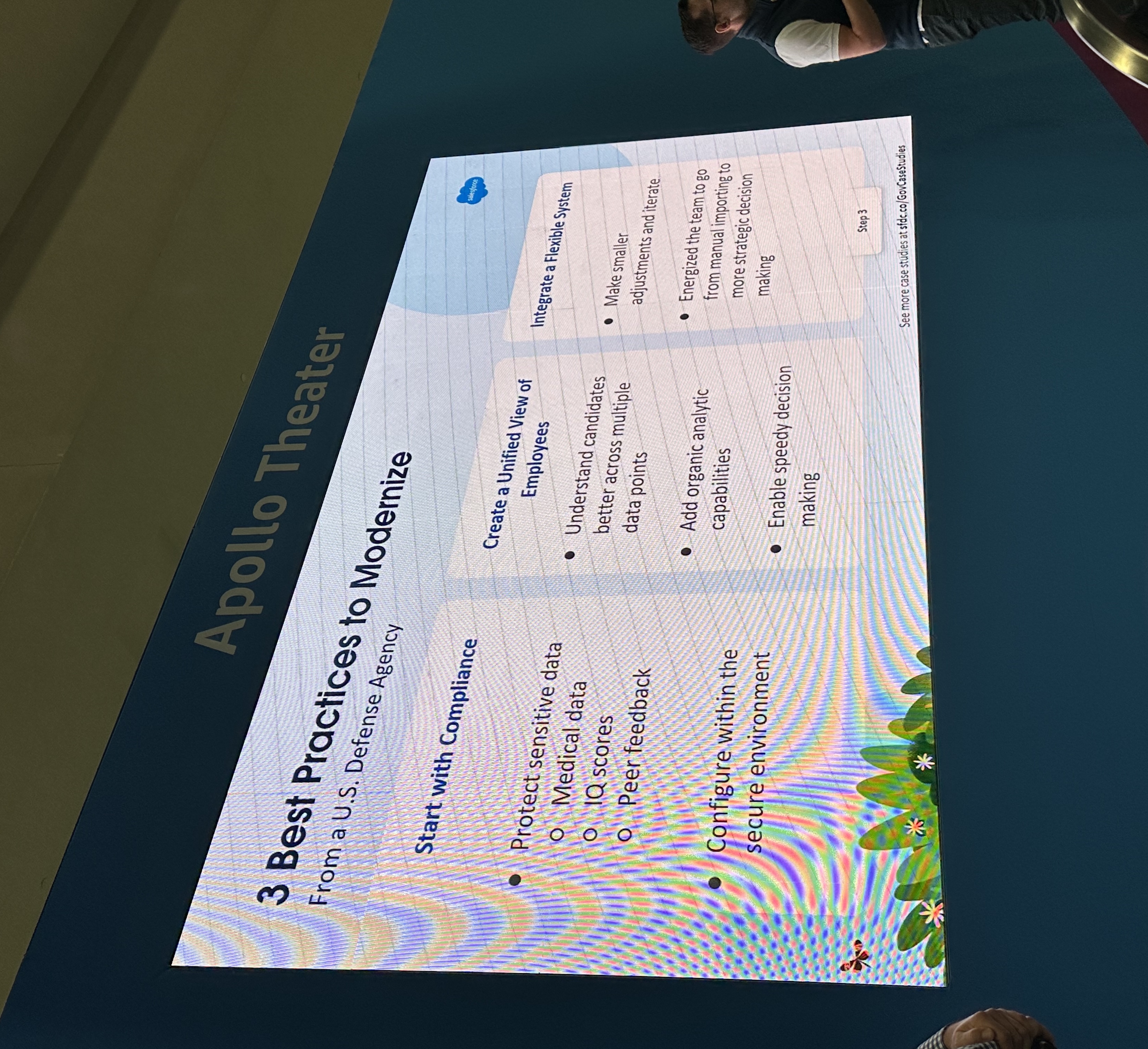
Another remarkable session focused on modernizing the government employee experience, presented by Salesforce. The transition from siloed to unified processes, paper-based to digital workflows, and reactive to proactive approaches was emphasized. An exemplary case study showcased how a Defense agency implemented an integrated self-service portal for seamless HR services. This customer-centric portal provided a unified view of employees and enabled efficient HR and IT support requests, leading to enhanced productivity, reduced administrative costs, and secure handling of sensitive data.
To summarize our experience at the AWS Summit Washington D.C., we have gained a wealth of knowledge and insights into various aspects of digital transformation, data-driven decision making, and modernizing the employee experience. The seminars shed light on the barriers faced during digital transformation and the practices adopted by advanced digital governments. We discovered the immense value of data and the challenges associated with sharing it effectively within and among operational units. However, we also recognized the potential for positive impact when data becomes a common language that empowers individuals and enables collaborative problem-solving.
Overall, zCore Group had an enlightening and enriching experience at the AWS Summit Washington D.C. We learned a great deal, gathered valuable insights, and were inspired by the success stories shared. It is evident that organizations need to embrace the culture of data sharing and accessibility to unlock the full potential of digital government. We are excited to apply the knowledge we gained and continue our journey toward a more data-driven and transformative future.